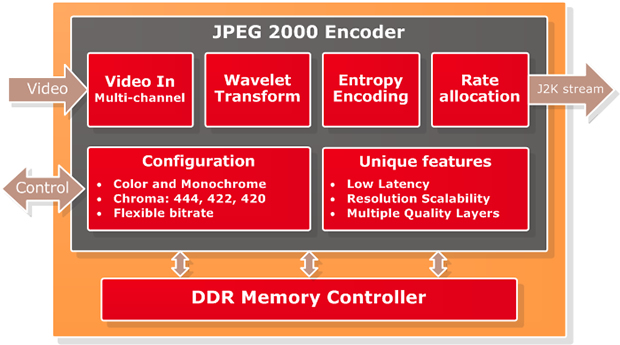IP solution for search and rescue system
It has been announced by Barco Silex that Acacia Research has licensed its acclaimed JPEG 2000 IP cores. The JPEG 2000 cores will be integrated in a search and rescue system to help deliver high-quality video to mission computers and ground stations.
“We are delighted that Acacia Research has selected our solution for its demanding application,” says Thierry Watteyne, CEO of Barco Silex. “JPEG 2000 is the codec for heavy-duty video compression with superior quality, and we’ve created an IP solution that allows easy integration into challenging hardware environments, a solution that is future-proof, can be dimensioned to the application and has one of the lowest hardware footprints available. This is testified by the successful integration by market leaders in the audio-visual as well as storage, security, surveillance and defence industries, to which we now add Acacia Research.”
Acacia Research will integrate the JPEG 2000 compression in a remote interface unit (RIU). This unit will form the eyes of a new compact system for search and rescue missions, which is an adaption of Acacia’s ORAC Mission Data Management System. The RIU will capture earth observation data with four channels of 1080p HD-SDI video. The JPEG 2000 video compression will be used for high-quality streaming to the mission computer for storage, immediate review and optionally for delivery over satellite link to a ground station. ORAC was also trialled on an Australian Collins Class submarine, which will likely also host the first JPEG 2000 RIUs. “We would like to thank the Barco Silex team for their collaborative approach and extra support in achieving a very successful outcome under a tight project schedule”, added Ted Huber, Director at Acacia Research.







